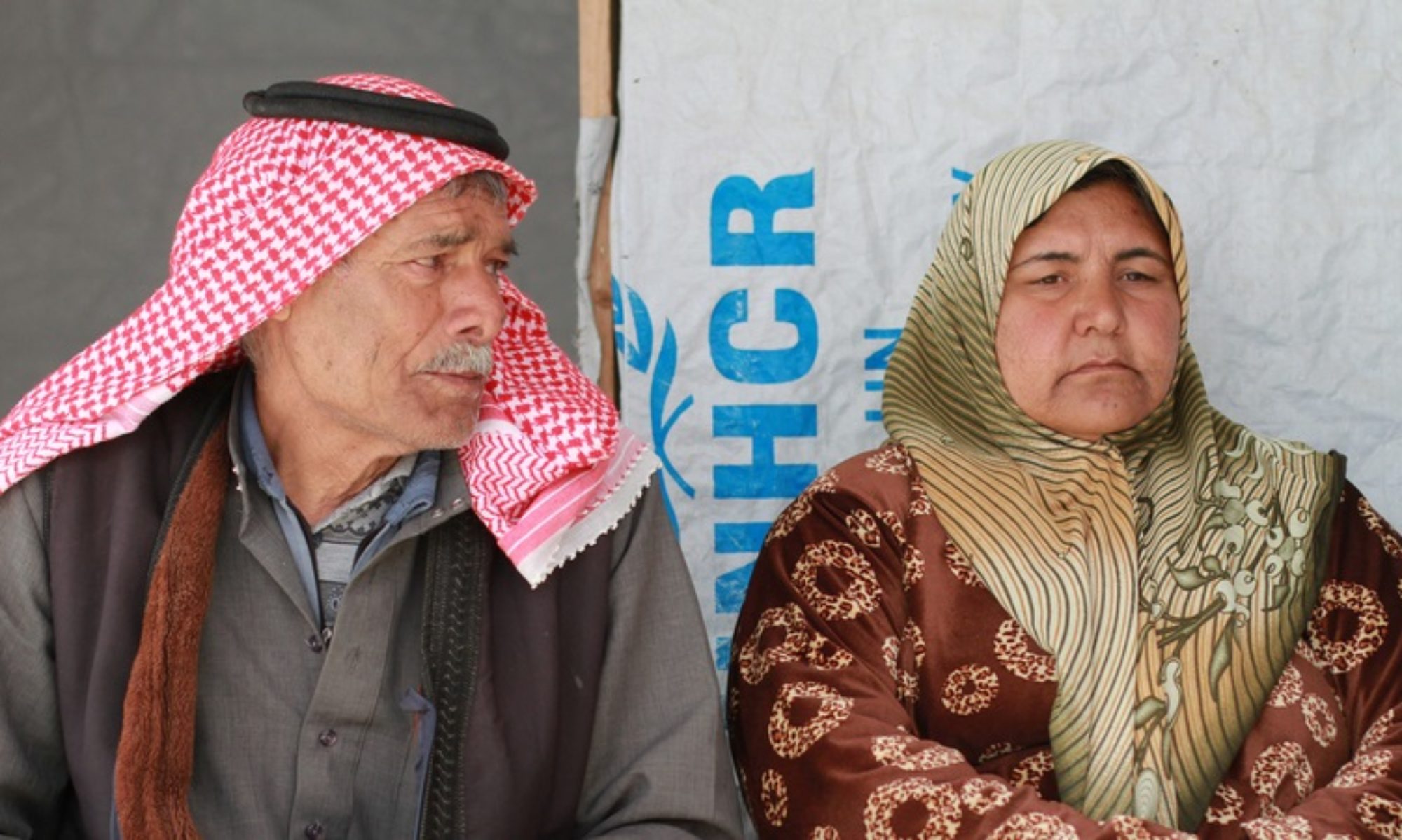Last Sunday, African diva and feminist mastermind Angélique Kidjo sang in the Baalbek International Festival, at the old Roman ruins at the heart of the restive Lebanese valley of the Bekaa. Kidjo is a fantastic singer and a master of the stage. At the beginning of the concert, it was taking a while for the crowd, with the usual share of sophisticated, urban Beirutis and expatriates, to warm up to the African and Latin rhythms. However, after three or four songs her velvety voice, frenetic dancing and off-kilter jokes had the whole public dancing and singing along.
The concert had started a little after 20:00, and 21:05 prayer time arrived in the midst of one of Kidjo’s jokes, between two songs. While not covering or interrupting her voice, the calls to prayer coming from two or three nearby mosques were clearly audible. Kidjo stopped in her tracks and listened carefully, her head gently tilted. She said “oh, this really reminds me of my childhood in the streets of Cotonou. You know, let’s be quiet for a minute. You have to respect other people’s religion (il faut respecter la religion des autres), and at this moment, we have to use all the blessings we can get…”
The distinction between “our” and “their” religion was not lost to some members of the public, but nobody seemed to mind much. Kidjo fell silent and the whole audience fell silent. Against the deep, meditative silence that the muezzin knew how to create between sentences of his chant, all that was heard was the gentle whisper of the night wind between the old Roman stones. It was as if Kidjo, always the master of the scene, had suddenly decided to jump into the opportunity and force the audience to stop, to think. Her audience firmly in her hand, she held the silence for a full three, four minutes until the chant of the muezzin extinguished itself, as if inviting us to meditate about the words “at this moment, we have to use all the blessings we can get”.
And it is true that we are going through a difficult moment in the Bekaa. A few weeks ago, heavy clashes between the Army and rebels occurred in two Syrian refugee camps in the remote border town of Arsal, with many dead and injured. Barely two days afterwards, powerful fires erupted in two refugee camps close to Zahle, killing two Syrian babies. Dark rumours started to spread in the whole country, talking about revenge by local Lebanese against Syrian refugees for bringing the Syrian conflict into Lebanon. Truth is, Lebanese local authorities and civic associations reacted very speedily to the fires, in the small hours of the morning, extinguishing them quickly at the risk of their own lives and bringing food and comfort to the dazzled, bereaved Syrians before our UNHCR team and other humanitarians could rebuild the camps.
Two days after the fires, I sat for a while at the funeral with the father of one of the deceased little Syrian girls. We were sitting in a wide, carpeted canvas tent, full of old, chain-smoking Bedouin men, drinking in turns thick, strong Syrian coffee and chilled water. The atmosphere was peaceful and quiet and the father, tired and tear-eyed, was talking to me with his face very close to mine and his hand on my knee, making small jokes from time to time, as if wanting to be consoled and not quite knowing how to ask.
A week after the fires I was in Arsal, talking to some refugee representatives – University teachers and engineers – debating how we could improve the situation in town. Many refugees in Arsal were, above all, very tired: tired of the war and of not having a future other than despair. They had kept all their dignity, but were also fearful of the looming violence. Finally this last Friday, just eight hours after we had finished our contingency planning, the announced military assault started close to the Syrian border and at least for the moment being, away from Arsal town. As I write, it has just been announced that one of the main mediators trying to bring peace between combatants has been killed by a shell.
Close to the end of the Baalbek concert, in the evening of last Sunday, Angélique Kidjo had taken a few minutes to talk about the need for dialogue, for mutual comprehension between the Syrian refugee community and the Lebanese host community. These were true, heartfelt words – but they were not necessarily what I’ll remember most from the concert. There is no way of quite knowing what Angélique Kidjo wanted by forcing us to stop dancing in the middle of the most delicious, intoxicating rhythms and listen to the wind and to the chant of the muezzin and perhaps meditate about the current moment and the need for all the blessings we can get. But I do know that her gesture gave me the heart to go on for yet another week.

